Earth’s Moon Is Moving Away and Shrinking, Catastrophic Consequences to Come
The moon is one of the most fascinating celestial bodies in our night sky. Humans have followed its path for thousands of years and have even worshipped it as a god. It’s difficult to imagine how our nights would be without its gentle white light.
However, recent studies on the Moon have revealed two frightening things: It’s slowly shrinking, and also moving away from the Earth. The consequences of both could result in the destruction of the planet.
Scientists Make Startling Discovery
In 2019, a group of scientists studying lunar seismology made a shocking discovery and released a report claiming the Moon was shrinking.
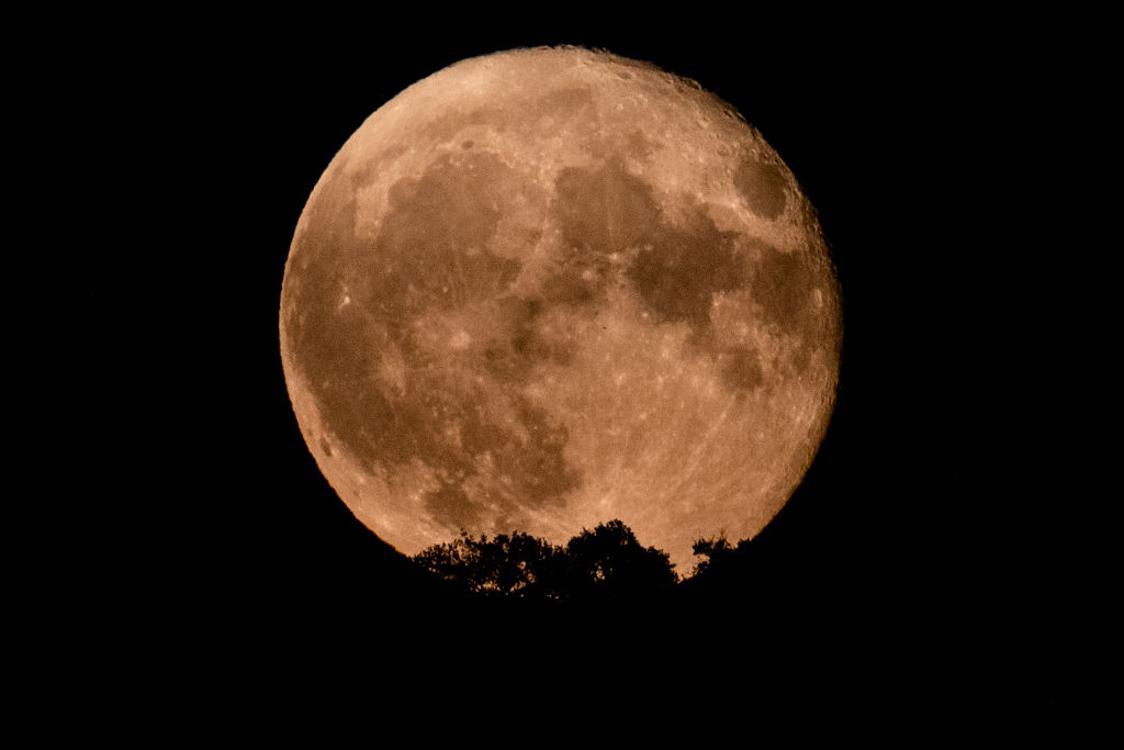
Source: Stefano Guidi/Getty Images
According to their research, earthquakes occurring on the celestial body have a recurring source. They believe that the seismic activity on the Moon is happening because it is slowly decreasing in size.
Long-term Seismic Studies of the Moon
Much of our understanding of the Moon goes back to the work compiled by the Apollo mission during the 20th century.
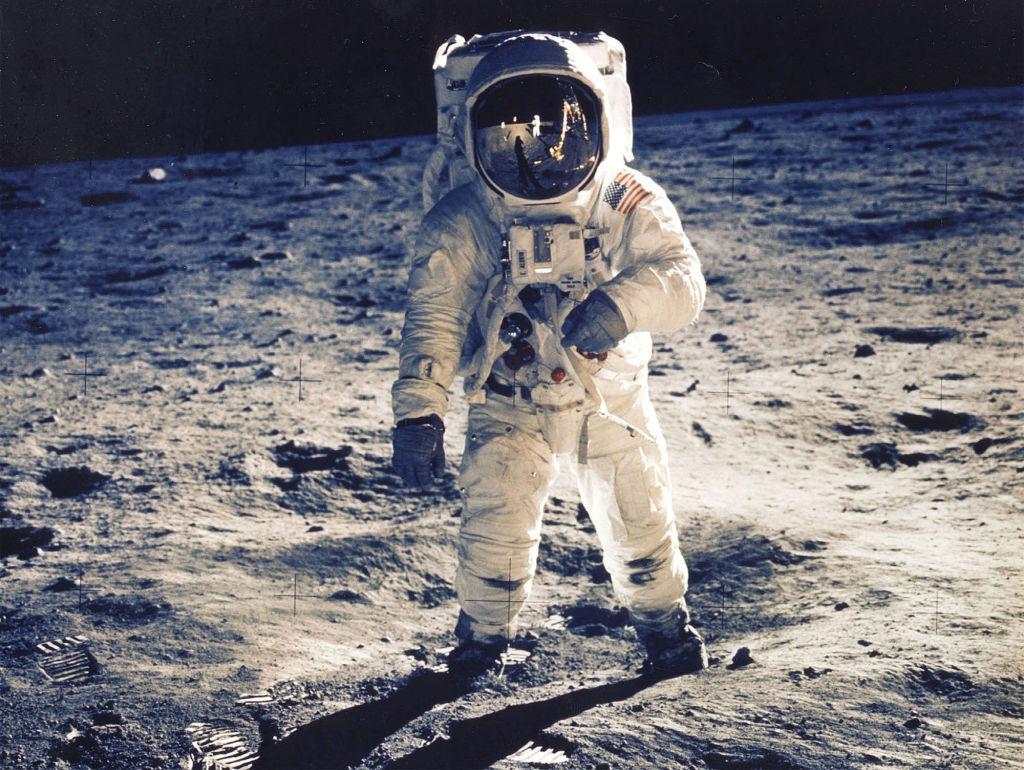
Source: NASA/Getty Images
Astronauts who visited the silver globe from 1969-1977 placed a large number of Earth seismometers there. This allowed scientists to track its seismic activity and better understand the Moon’s internal workings.
Scientists Reveal Shocking Discovery
Over the last 50 years, scientists at NASA have been analyzing data of the lunar quakes. Even today, they are still receiving new information that brings about a better understanding of the source of such seismic events.
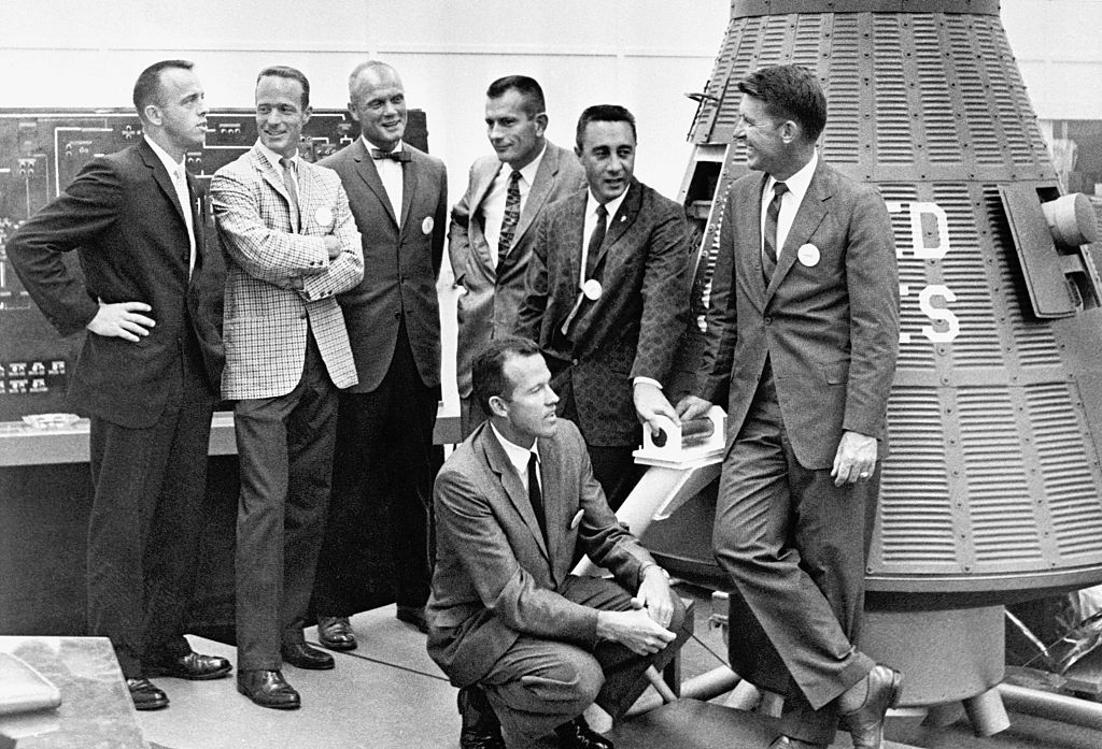
Source: Bettmann/Getty Images
According to their research, over one-third of earthquakes on the moon were the result of tectonic faults. From this, researchers have surmised that the cause of this phenomenon is due to its shrinking size.
The Importance of the Moon on Earth
The shrinking of the Moon could have severe consequences for the Earth and its inhabitants. As we know, the Earth needs the Moon. It plays a huge role in regulating the ocean’s tides and other minor events on the planet.

Source: Finnbarr Webster/Getty Images
The Moon allows periodic floodings and the sinking of shores to take place. But above all else, the oceans of the planet bulge towards it. As a result of this, it slows down the rotation of our planet.
What Would Happen if the Moon Disappeared?
Scientists have theorized that if the Moon were to continue shrinking, there would be catastrophic consequences for the Earth.

Source: Ian Forsyth/Getty Images
However, there’s no need for immediate worry as it’s likely to take around 600 million years before it shrinks to such a small size that it will no longer be able to cause a total solar eclipse.
Effects of the Moon’s Disappearance
As the Moon begins to shrink over the next few hundred million years, its influence on Earth will weaken.
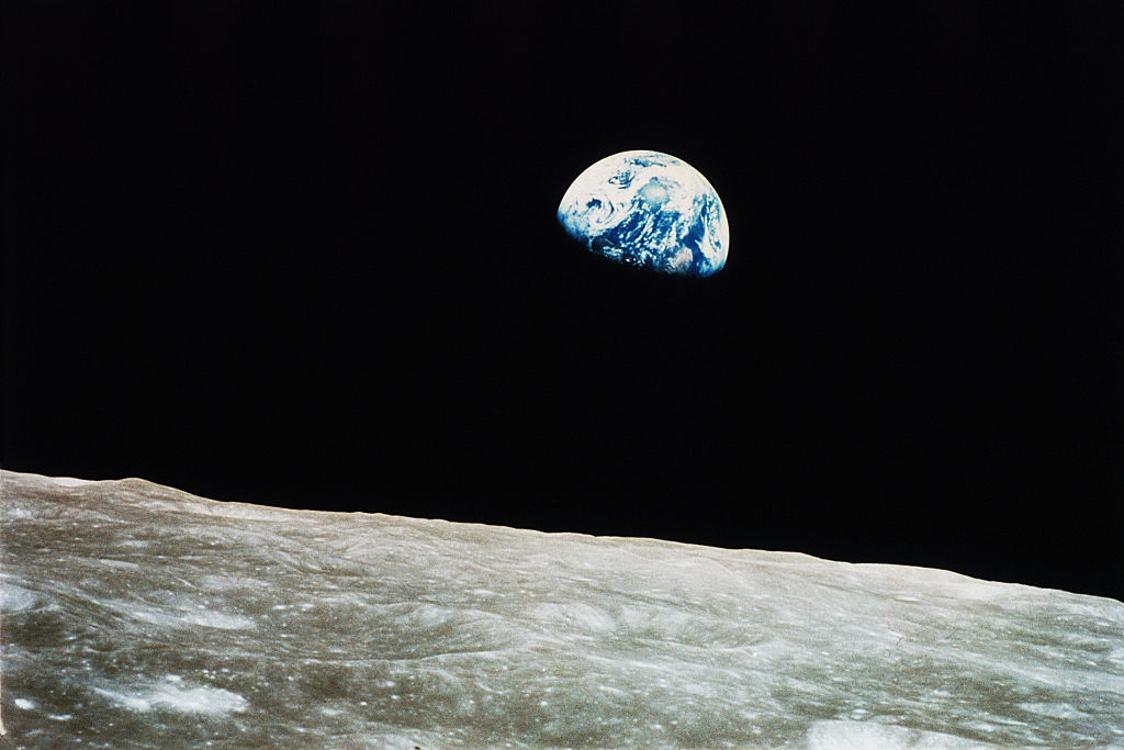
Source: Historical/Getty Images
However, what worries scientists the most is the idea that it would eventually escape the grasp of the Earth’s gravitational system.
Will the Moon Escape Earth's Grasp?
The Moon may eventually sever its connection with the Earth’s gravitational system. However, scientists surmise this won’t happen for about 50 billion years.

Source: Christopher Furlong/Getty Images
But if the process were to begin speeding up, it would have drastic consequences for Earth. Such an event would leave billions without food and could even bring forth a harsh ice age.
Extreme Weather and Ice Ages
The Moon plays an enormous role in regulating the Earth’s tilt. If our planet no longer experiences the gravitational force and pull from the moon, it’s possible the Earth’s tilt could widely vary.

Source: Scott Olson/Getty Images
No tilt would ultimately mean no seasons and the possibility of global famines. But it could also lead to a larger tilt, bringing extreme and unpredictable weather patterns, including the possibility of an ice age.
The Moon Is Not Our Only Problem
Scientists have once again assured us there is no immediate danger. They suggest that it could be as many as 50 billion years before the Moon actually severs itself from Earth.

Source: Lisa Maree Williams/Getty Images
By then, we will already have a much larger threat in the form of the Sun.
Future Threats From the Sun
Astrophysicists have forecast that in approximately five billion years, the Sun will slowly begin to burn out and die.
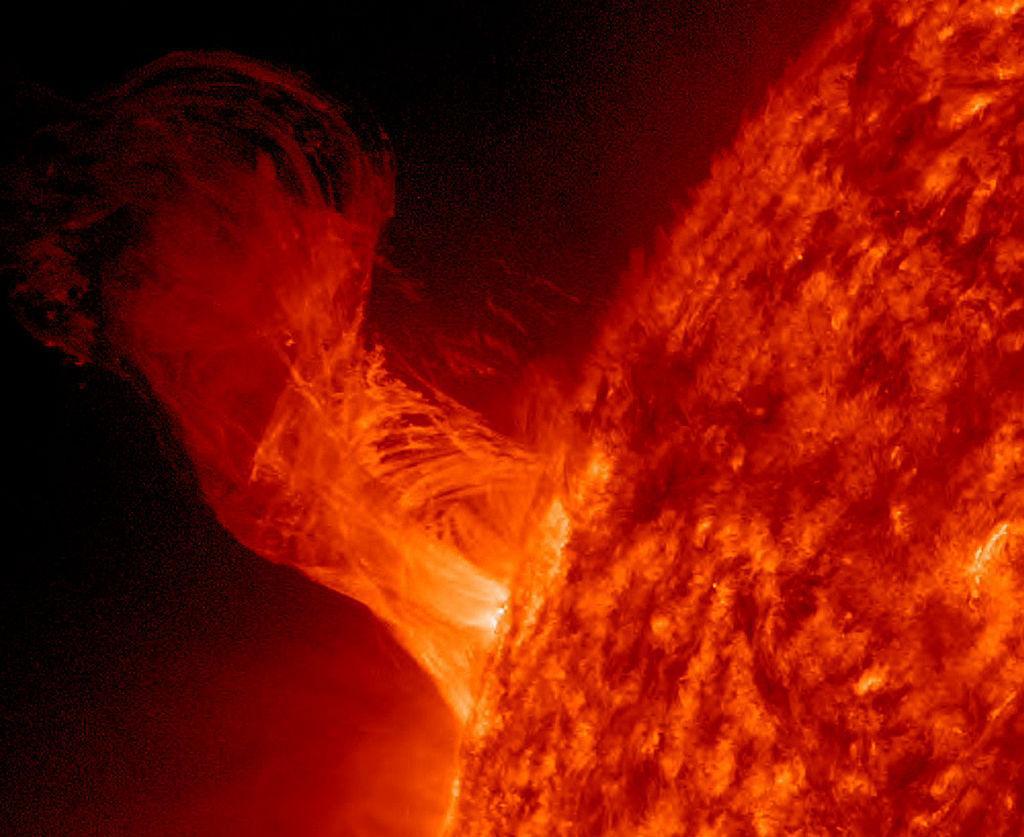
Source: NASA/Getty Images
During this period, it will begin to disrupt and eventually destroy the Earth-Moon gravitational system. Therefore, any minor change we may witness over the next few billion years won’t have an effect like when the Sun begins to die.
We’ve Got No Cause for Alarm
While such events may seem worrisome, it’s doubtful that we’ll ever witness any kind of event in our lifetime due to the far-off dates put forth by scientists.

Source: John Keeble/Getty Images
By the time the Moon shrinks to such a degree or the Sun begins to play a role in severing the Earth-Moon gravitational system, there’s a good chance humanity will have a solution to the problem at hand.
